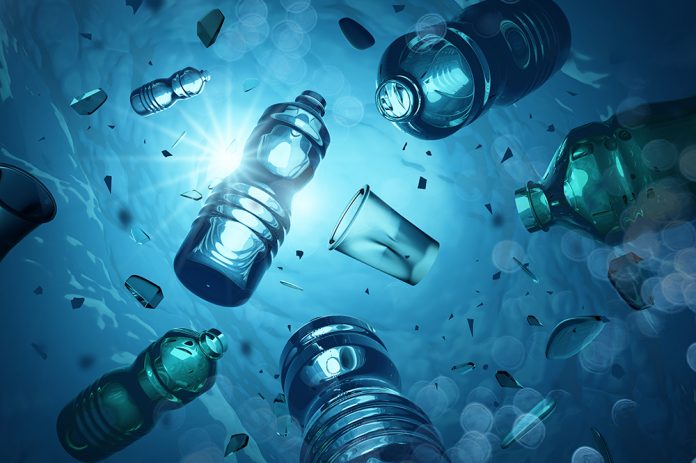Steve Mahon, CEO of Mura Technology, says we must act now to address the plastics crisis.
Plastic pollution is one of our most pressing environmental challenges. Every year, around 400 million tonnes of plastic waste is produced globally, yet just 16% is recycled to make new plastics. The damaging environmental implications of sending plastic waste to landfill or incineration is well known, as are the effects of plastic waste entering our oceans.
Plastic is everywhere and in everything – from our cars and phones through to what protects our food. The human impact of plastic waste is becoming an increasing cause for concern; a recent study found microplastic particles in human blood. Although we may not be able to get rid of plastic entirely in the short term, this problem needs an urgent solution and we must deploy ways of managing plastic waste which are scalable, affordable, and environmentally responsible.
Moving away from fossil fuels
Plastic production is innately reliant on fossil fuels. The move away from fossil fuel extraction is more urgent than ever – particularly given the ongoing oil and energy crisis, and the impact of rising oil prices on the cost of living.
Existing disposal methods, such as incineration and landfill, have enormous environmental implications, producing vast amounts methane and carbon dioxide. Equally, waste to energy has faced immense criticism, particularly due to the carbon intensity of the energy generated, which is approximately two-times greater than that of energy from the average EU electricity grid. Put simply, we cannot take a polluting substance and allow it to become a new form of pollution.
A solution to eliminate plastic waste
Recycling methods are continuously evolving, but the one consistent theme is the urgent need for scalable, efficient and sustainable technologies.
Mura Technology was formed to take on the plastics crisis and eliminate global plastic pollution through the commercialisation of an advanced recycling process, HydroPRSTM (Hydrothermal Plastic Recycling System).
The HydroPRSTM process breaks down plastics using supercritical steam (water at elevated pressure and temperature). The steam acts like molecular scissors, cutting longer-chain hydrocarbon bonds in plastic to produce the valuable chemicals and oils from which the plastic was originally made, in as little as 25 minutes. The chemicals and oils are then used to produce new, virgin-grade plastic, which can be reused in a number of applications such as food packaging and remove the need to use new fossil fuels for these products.
The use of supercritical steam means the technology is also inherently scalable. Unlike other methods, which heat waste from the outside, the steam imparts energy from the inside to provide a far more efficient conversion of plastic waste. This in turn provides a process that can be maintained regardless of scale.
What really sets this technology apart is its ability to process mixed waste plastics that are considered too contaminated or complex for traditional recycling methods such as mechanical recycling. Chemical recycling technologies such as Hydro-PRSTM offer the possibility of recycling the 50% of waste plastic in the UK which cannot currently be recycled mechanically and is destined for landfill or incineration. There is also no limit to the number of times the same material can be processed, creating a truly circular economy for plastic.
Scaling up chemical recycling
Last year, Mura announced an exclusive licensing agreement with science, technology and engineering solutions provider KBR to put scalability at the heart of our offering.
Already, the partnership has led to multiple licensing agreements from major chemical companies, including Mitsubishi Chemical Corporation in Japan and LG Chem in South Korea. These agreements have expanded Mura’s reach into the Asian market, which represents 48% of global plastic production, and provides blueprints for other countries to follow suit.
The world’s first commercial-scale plant to use HydroPRSTM technology is already in construction by ReNew ELP in Teesside, UK and is set to be operational later this year. The site will be capable of processing 80,000 tonnes of plastic waste annually, forming a blueprint for further rapid global rollout.
Once complete, the Teesside plant will have the potential to eliminate up to 120,000 tonnes of CO2 every year, compared to incineration. Progress towards our goal of reaching 1,000,000 tonnes of recycling capacity by 2025 is well underway, with sites planned in the USA and Germany, and even more to come.
Although there is no silver bullet for plastic waste, all deployed solutions must have sustainability, scalability, and efficiency at their core if we are to win the fight against plastic pollution. The good news is that these technologies already exist, and are a vital part of the puzzle when it comes to creating a circular plastics economy for all.



